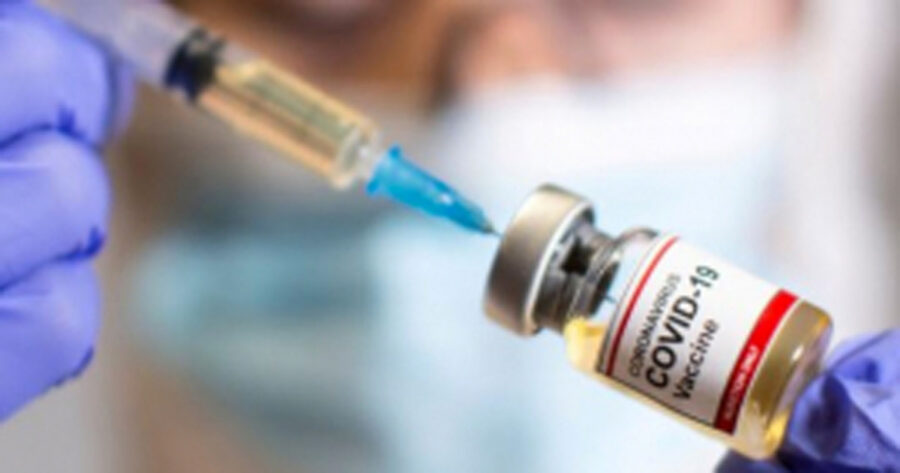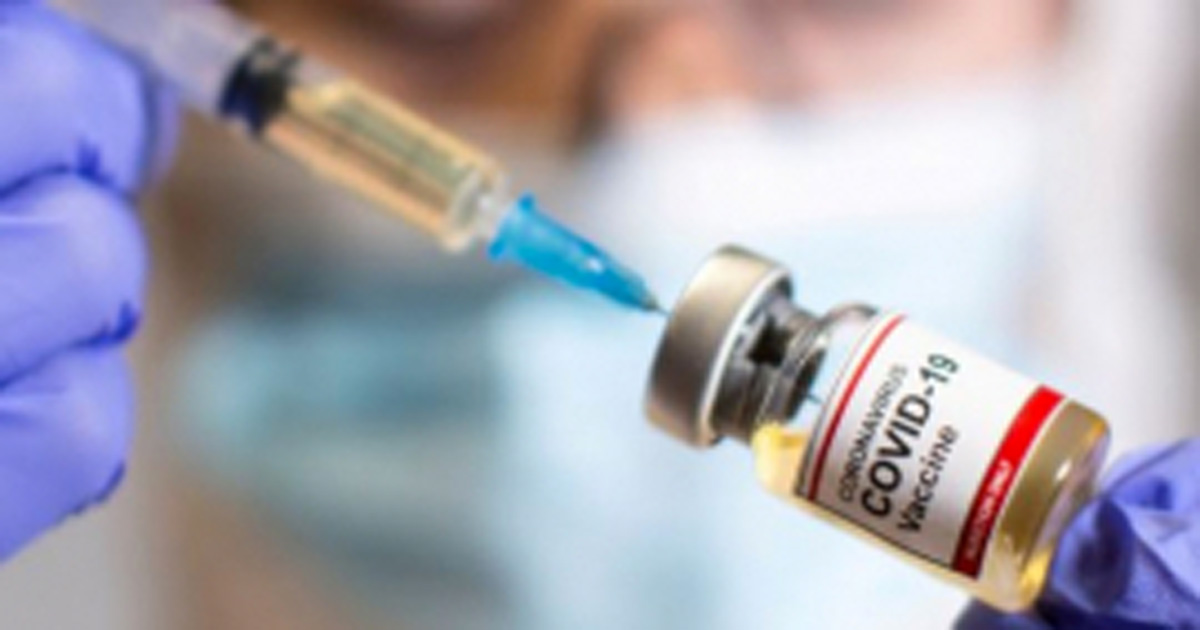
“Don’t Fear Vaccine Side Effects, Fear COVID-19” – SAHPRA Tells South Africans
Medical experts in SA are attempting to get the message out to South Africans that it is beneficial to take the COVID-19 vaccine, as they try to address vaccine hesitancy in the country which has been largely fuelled by social media posts and WhatsApp messages based on misinformation. Adverse side effects are one of the […]

Medical experts in SA are attempting to get the message out to South Africans that it is beneficial to take the COVID-19 vaccine, as they try to address vaccine hesitancy in the country which has been largely fuelled by social media posts and WhatsApp messages based on misinformation.
Adverse side effects are one of the leading causes of vaccine hesitancy, according to the South African Health Products Regulatory Authority’s (SAHPRA) Pharmacovigilance Manager, Mafora Matlala.
The drug watchdog’s data shows that some of the top Adverse Events Following Immunisation (AEFI) for COVID-19 include headache, local reaction, fever and dizziness.
“We are not surprised they are minor. So, this is just to alleviate that fear that you do not have to be scared of the AEFI,” she said, adding that “people should rather fear COVID-19 because the statistics have highlighted that more people have died as a result of COVID-19.” Over 5 million people worldwide have now died from Covid-19 related deaths.
Matlala was speaking during a webinar on Wednesday in partnership with SAHPRA, the Department of Health and National Immunisation Safety Expert Committee (NISEC) on mitigating COVID-19 vaccine hesitancy.
Getting Covid-19 is riskier than taking the vaccine
“Therefore, [weighing] the risk of being vaccinated compared to the risk of COVID-19, we can all agree that COVID-19 is riskier and it’s safer to take the vaccine,” she added.
She told the participants that monitoring the safety of COVID-19 vaccines is a critical priority for SAHPRA.
“Most of the AEFI are not serious and we continue to monitor and inform both the healthcare professionals and the public about the up to date safety concerns.”
NISEC’s Professor Hannelie Meyer encouraged people to focus on the positive information around vaccines.
The country is racing to inoculate 40 million or 70% of the adult population before the end of the year, of which 15 688 071 adults have already received at least one jab of the vaccine dose.
However, according to Meyer, the picture is currently not looking promising.
“If you have been watching the numbers of vaccines being administered, then you will see that our numbers are quite low.”
She also cited the John Hopkins’ survey that found that over 30% of South Africans are unwilling to take the jab, with many raising concerns about adverse effects.
“So, with all these questions that people have, it creates uncertainty, confusion and fear.”
Vaccines do not change people’s DNA. This is how it works…
The Professor disputed the myth that vaccines change people’s DNA.
“The vaccine only contains a messenger and that messenger instructs your body to make spike protein that your immune system can produce antibodies that when you get in contact with the real virus, your body will be able to fight that infection,” she explained.
She also added that, contrary to some myths, the vaccine shots do not contain human and animal cells or tissue, pork, food allergens such as milk or eggs, aluminium or latex.
In addition, the Professor said the vaccine does not cause COVID-19, infertility or erectile dysfunction.
“When you are vaccinated or both people are vaccinated, you have 200 times less risk of getting infected. That is something to focus on instead of thinking about all the negative effects.”
Some countries limit Moderna for over 30s only
A few countries, like France, have limited the use of Modern’s mRNA shots to only adults over 30, following reports of a link with heart inflammation in some very rare cases in younger people. “However, the benefits of mRNA shots in preventing COVID-19 continue to outweigh the risks,” said European and U.S. regulators and the World Health Organization.
The reports of possible rare cardiovascular side-effects after Covid-19 vaccines were found to be higher after Moderna’s vaccine than Pfizer’s. The cases have occurred more in younger men than women, and usually after the second dose, mostly within a few days. A US study found 40.6 cases per million second doses in males, and 4.2 cases per million among females aged 12-29, said the WHO.
“Available data suggest that the immediate course of myocarditis and pericarditis following vaccination with both vaccines is generally mild and responds to treatment,” said the WHO.
– SAnews.gov.za, WHO
